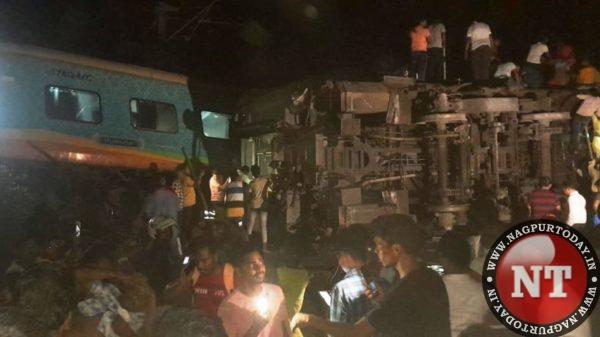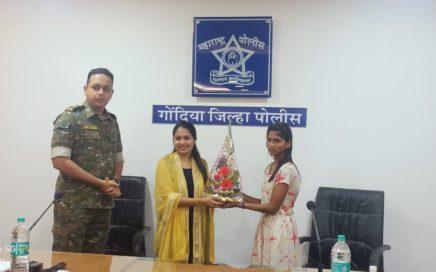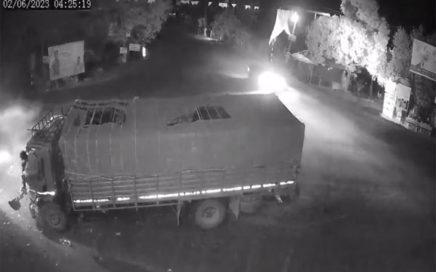New Delhi: After a crash involving three trains killed more than 280 people in Odisha last evening, questions are being raised about possible operational lapses that could have contributed to the tragedy. Between 6.50 pm and 7.10 pm on Friday, two collisions took place at Odisha’s Balasore between three trains, leaving a mass of wrecked compartments and coaches on top of one another.
A passenger train, the Coromandel Shalimar Express, derailed after hitting a parked goods train and another train, the Yesvantpur-Howrah Superfast, crashed into the derailed coaches. The impact was so hard that coaches were lifted high into the air before they smashed onto the tracks. One coach was tossed on its roof. Seventeen coaches of the two trains were severely damaged.
The Railways Ministry has ordered a probe into what may have caused the crash. There are more than one versions of how the back-to-back crashes took place, but what is certain is that there were three trains and two collisions at the same spot.
Among the many questions surrounding the accident is how the Coromandel Shalimar Express was on the same track as the stationary goods train. Was it a technical glitch or a human error?
Many raised the possibility of a signal error.
The Railways Ministry has been in the process of installing an anti-collision system “KAVACH” across the country. Kavach alerts when a train jumps a signal (Signal Passed at Danger — SPAD), which is the leading cause of train collisions. The system can alert the train driver, take control of the brakes and stop the train when it notices another train on the same tracks.
The worst-affected parts of the Coromandel Express were the Sleeper class coaches, which are usually packed as during the holidays, even non-reserved passengers get in.
A lot of people on Twitter are asking the Railway Minister Ashwini Vaishnaw why the indigenous anti-collision technology ‘KAVACH’ didn’t stop the accident from happening?
KAVACH is an anti-collision technology developed in India to prevent train accidents. This anti-collision technology reduces the chances of an error to the margin of a single error in 10,000 years. Affirming the facts, Railway Minister Ashwini Vaishnaw previously said, “The indigenously-developed anti-collision technology is SIL4 certified, which means there is the probability of a single error in 10,000 years.”
The KAVACH technology, in more technical terms, is known as Train Collision Avoidance System (TCAS) or Automatic Train Protection System (ATP) system. It is aimed at bringing down the number of rail accidents to zero. The technology has also received a SIL4 certification, reinforcing that it can reduce the chances of error to one in 10,000 years.

















